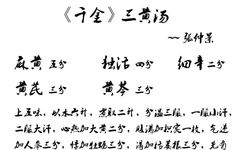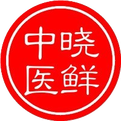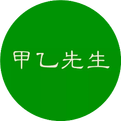The Concept of Exterior Syndrome Does Not Equal Early Stage of Exogenous Disease
Copyright Statement: This article is original and first published on the WeChat public account: TCM Xiao Xiangru (ID: xiaoxiangru0011). Respecting knowledge and labor, it can be reproduced without authorization, but please be sure to indicate the original author. Exterior syndrome (Biao Zheng) is one of the most common concepts in Traditional Chinese Medicine (TCM), originating … Read more









